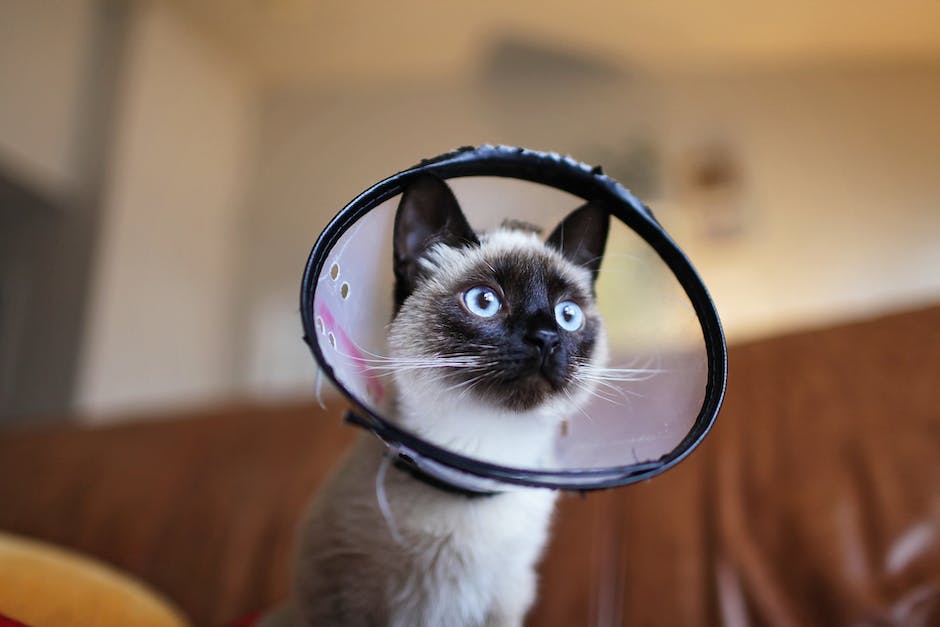As a Siamese cat owner, it is important to be aware of the common health issues that these amazing feline companions may face. While Siamese cats are generally healthy and smart animals, there are some health concerns that may come up, such as dental, skin, and respiratory problems. Early detection and treatment can help ensure that your Siamese cat lives a long and happy life.
Dental Health and Oral Diseases
Like most cats, Siamese cats are also prone to dental health issues such as tartar buildup, gum disease, and tooth decay. These problems can be painful and may lead to more severe health problems if left untreated. Dental health can be maintained by regularly brushing your Siamese cat’s teeth and scheduling annual dental checkups with your vet.
Skin Conditions and Allergies
Another common health issue found in Siamese cats is skin conditions and allergies. These could range from mild symptoms such as itching and scratching to more severe problems like infections and hair loss. Some cats may develop allergies to certain foods or environmental triggers like pollen. It is essential to visit a veterinarian if your Siamese cat has any persistent skin problems.
Eye and Ear Infections
Siamese cats could develop eye and ear infections due to a variety of reasons. Bacteria, viruses, and fungus can all be responsible for these infections. Symptoms of an eye infection include discharge, redness, swelling, and squinting. Ear infections can cause your Siamese cat to shake her head and scratch her ears. Treatment usually involves antibiotics, ear drops, and cleaning by a veterinarian.
Respiratory Issues and Asthma
Another issue that Siamese cats can suffer from is respiratory problems. Siamese cats have a slightly flatter face than other breeds, and this can lead to difficulty breathing and possible asthma. Siamese cats with respiratory problems can experience wheezing, coughing, and difficulty breathing. Treatment includes medications and other supportive therapies from a veterinarian.
Kidney Disease and Urinary Tract Infections
Siamese cats are also prone to developing kidney disease and urinary tract infections. These problems can lead to difficulty urinating, blood in the urine, and dehydration. It is essential to monitor your Siamese cat’s water intake and litter box habits. If there are any changes, it’s important to take your cat to a veterinarian immediately. Treatment may include antibiotics, medications, and dietary changes.
Overall, vigilance and preventive care can help ensure that your Siamese cat stays healthy and happy. Regular checkups, monitoring behavior changes, and addressing any health issues early on can make a difference in the long-term well-being of your Siamese cat.
Digestive Problems and Obesity
Siamese cats are prone to digestive problems and obesity. Overfeeding or giving your cat food that is high in fat or calories can cause them to gain weight quickly. Obesity can lead to various health problems such as diabetes, heart disease, and joint problems. In addition to a healthy diet, ensure your cat gets adequate exercise and playtime. If your Siamese cat does have digestive problems, it may be due to food allergies, parasites, or other underlying health issues. Consulting with a veterinarian is recommended for treatment and management of these issues.
Mental Health and Behavior Issues
Lastly, Siamese cats can suffer from mental health and behavior issues. They are intelligent and active animals that require human interaction, regular exercise, and mental stimulation. Siamese cats that do not receive adequate attention or playtime may become anxious, depressed, or destructive. Common behavior issues include spraying, scratching, excessive meowing, and separation anxiety. Addressing these issues can involve various combinations of environmental, behavioral, and medical interventions. It’s essential to understand your Siamese cat’s needs and behaviors to prevent any potential problems.
In conclusion, taking care of a Siamese cat requires attention to their unique health needs. As a responsible owner, you can take preventive measures to ensure that your cat is healthy and happy. By being aware of these common health issues, you can take action to address them before they become more severe. If you are ever unsure about your Siamese cat’s health, don’t hesitate to contact your veterinarian for guidance and advice.

